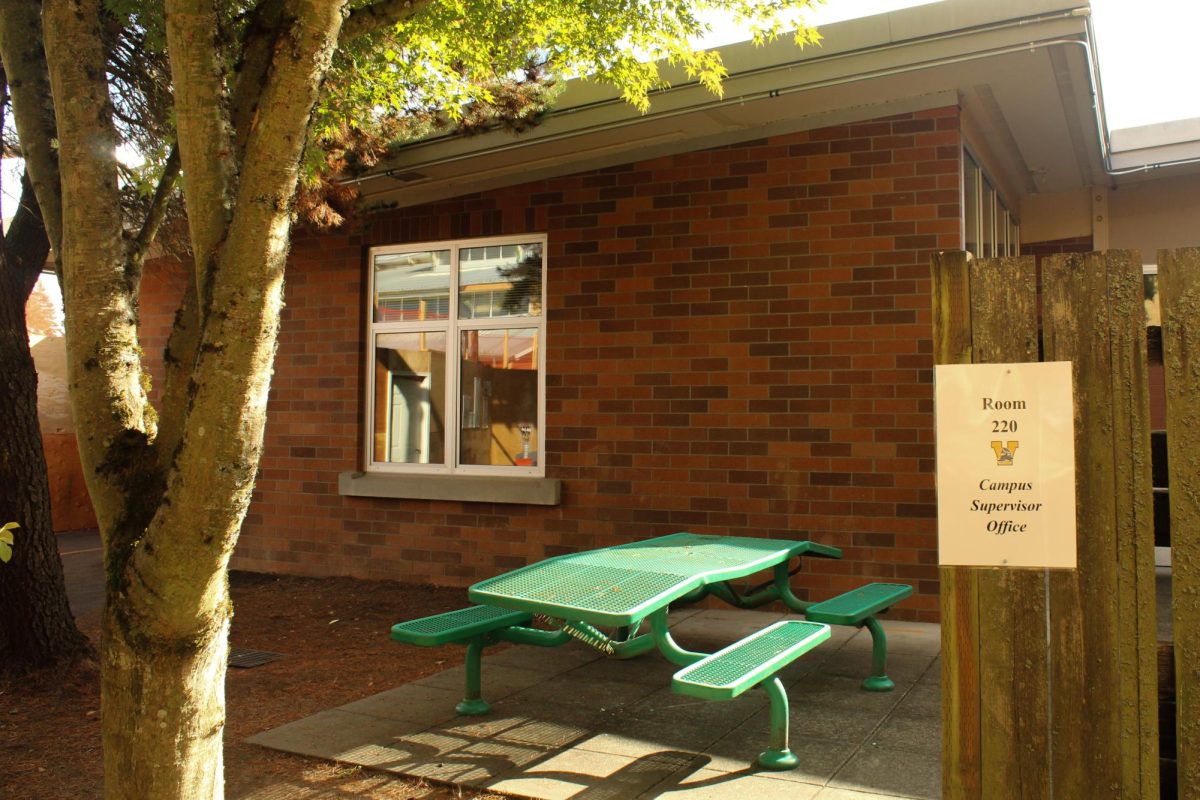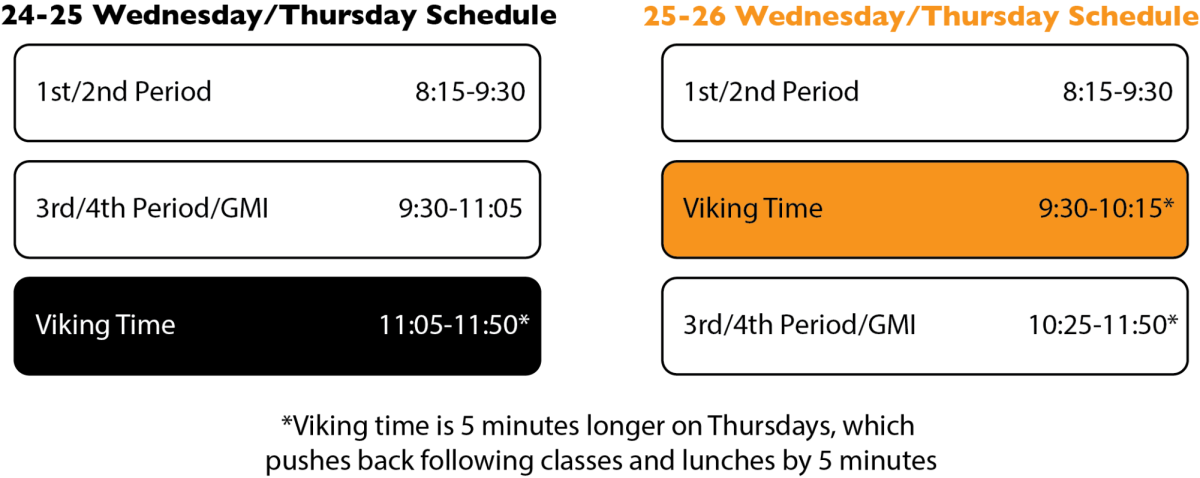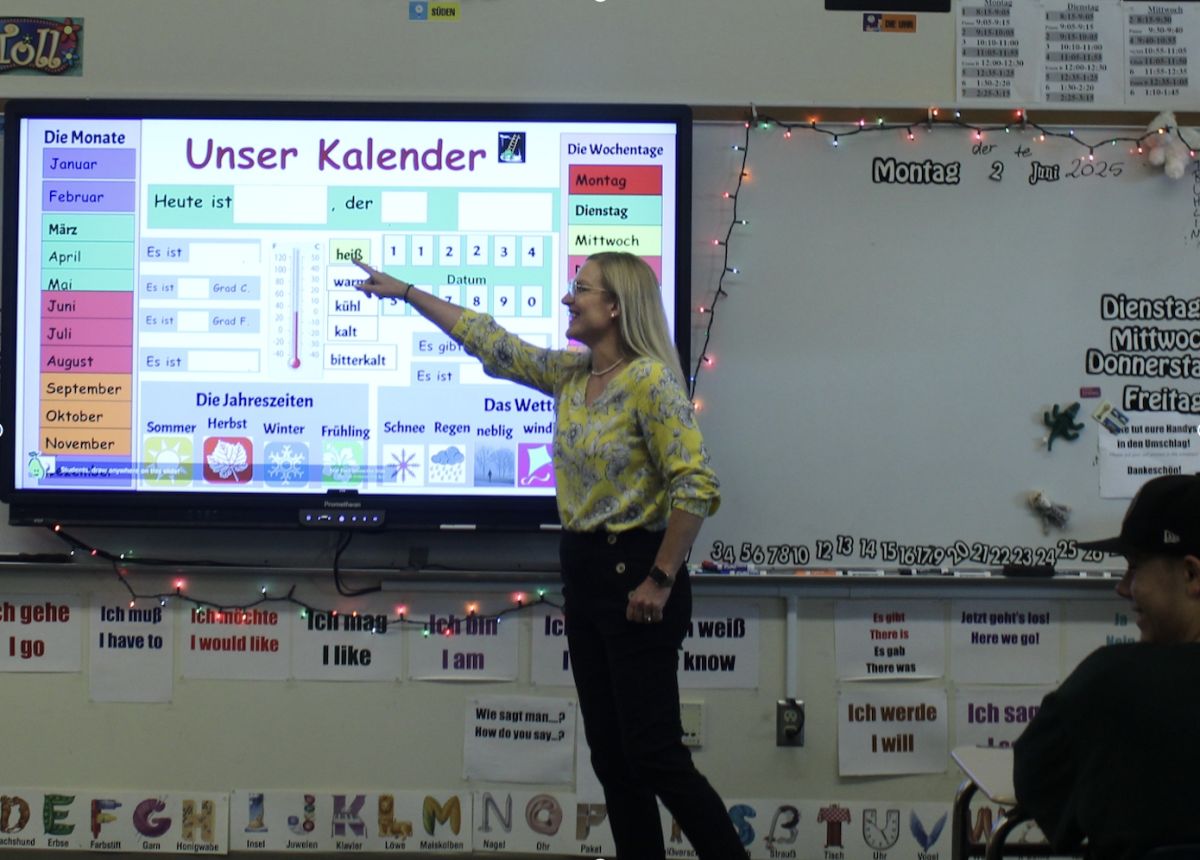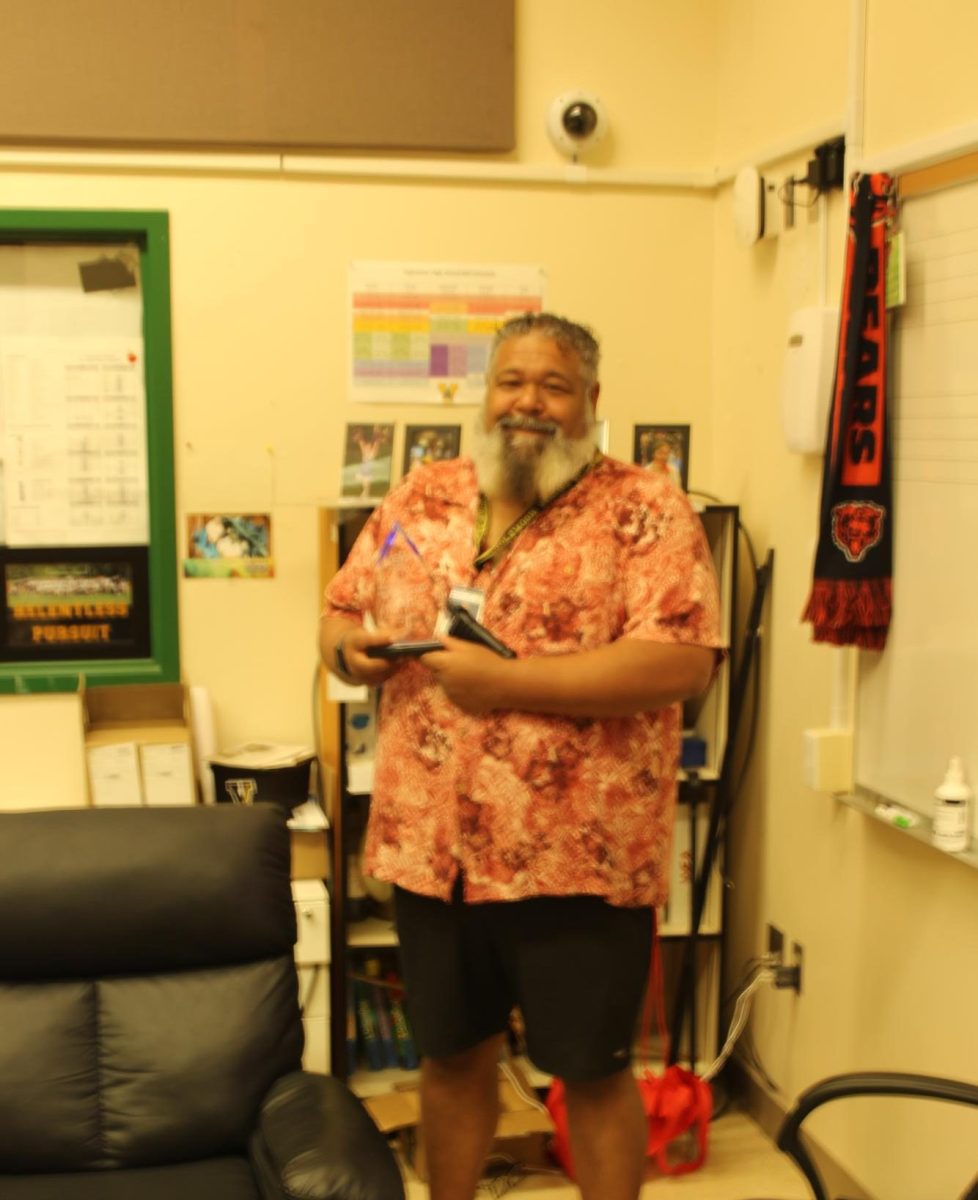In 2021, Congress passed the FAFSA Simplification Act, which works with the Consolidated Appropriations Act of 2020 to simplify the Free Application for Federal Student Aid. With these changes, the form was shortened from 108 questions to 38, and certain questions considering gender, race/ethnicity, housing and guardian relationships now have more detailed answer options to better describe an applicant’s unique circumstances.
The Department of Education has since been rolling out the expected changes in phases, with implementation scheduled for the high school class of 2024. Despite changes being made to simplify the process, students have faced numerous challenges since the release of the form.
In March 2023, the DOE announced that the FAFSA, which usually launches Oct. 1, wouldn’t be online until Dec. 31. While issues with the length of the FAFSA were resolved, further difficulties continue to prevent students from receiving financial aid reports.
College and career counselor Jim Allen (he/him) said delaying the release of the FAFSA by two months could prevent students from getting the amount of financial aid they need. Although changes to the FAFSA were intended to be beneficial, they have instead disrupted many of the deadlines that students were used to.
AVID and IB coordinator Amy Monaghan (she/her) said that the issues that students are experiencing with FAFSA are a combination of timing delays and technical difficulties. The new FAFSA launched on Dec. 31 only to shut down hours later. Two weeks later, the website was stable for use, but some students still reported problems with their individual forms. Across the nation, students with undocumented parents reported being randomly locked out of the website, and many students born in the year 2000 were unable to submit their FAFSA.
“The software, the government programs, the computer, everything wasn’t working,” Monaghan said. “The algorithm wasn’t working. The financial data that they originally inputted was messed up. So every step of the way, students were met with obstacles in working with the FAFSA.”
On March 22, the DOE reported a calculation error which impacted several hundred thousand forms, further delaying financial aid reports and as a result, students’ college decisions. The DOE reported another problem on April 1 which involves tax data transferred from the Internal Revenue Service. According to the DOE, it will impact fewer than 20% — or potentially one million — applicants.
“There’s a massive overhaul of a massive institution dealing with very important and personal data, so hiccups and glitches were kind of anticipated,” Allen said. “But it was still frustrating.”
An analysis done by National College Attainment Network showed that 676,000 applications were submitted by late January, less than half the number from last year. Across the country, schools are seeing a decreasing trend of applications for financial aid in the upcoming school year.
“Students who are relying on financial aid to be able to attend college are drastically affected,” Allen said. “I would say the other effect of this rollout is on families. Maybe first generation families or families that aren’t familiar with the whole process of financial aid and college application.”
In 2023, the majority of financial aid recipients were women, minority race or first-generation college students, for whom access to financial support information is critical. DOE officials said that students and universities should remain patient as financial aid requests are filed. Students can explore local merit- and need-based scholarships as alternative options. FAFSA, however, provides significantly more money and loan opportunities.
Monaghan said that potential financial aid pathways include federal programs such as TriO, scholarships such as the Opportunity Scholarship or the Washington College Grant, which offers significant financial support to low-income students and families. While FAFSA errors can become frustrating for many students, they shouldn’t deter students from pursuing a college education. Both Monaghan and Allen said that the most important thing students can do is keep trying regardless of difficulty level.
“This will get worked out. Don’t give up,” Monaghan said. “College is still very much available to you — especially in Washington state — for students who are interested in getting an education. So, don’t give up.”










